Screen Time is your curated weekly guide to excellent documentaries and nonfiction programs that you can watch at home. If you feel like starting the week on a sweet note, watch DA Pennebaker and Chris Hegedus’ 2009 documentary Kings of Pastry on Criterion Channel. Join in as the adrenaline runs high in the Meilleurs Ouvriers de France—the Olympics-like intense three-day competition where the best French pastry chefs bake it out. From France to rural southern India. In Rintu Thomas and Sushmit Ghosh’s Timbaktu, streaming on YouTube, a tiny village in Andhra Pradesh takes over acres of barren
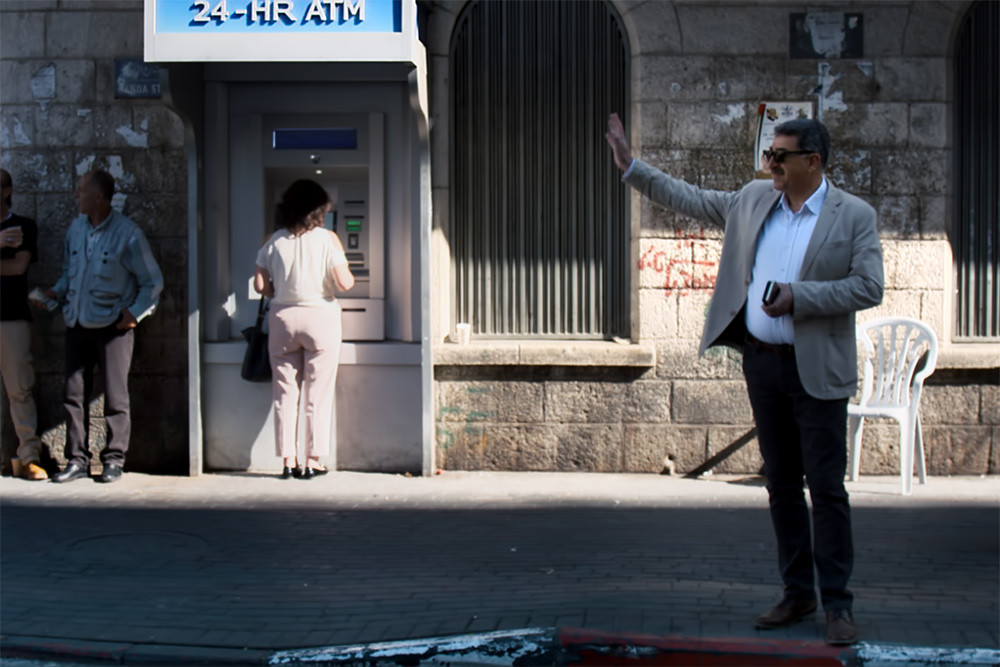
Screen Time is your curated weekly guide to excellent documentaries and nonfiction programs that you can watch at home. In this 2019 documentary from Germany-based DW Documentary, Afghanistan—Land of Endless War, the narrators are all women. They talk about their hopes, their fears, and the many ways in which war has shaped their identities. The film is a revelation in the way it makes us reexamine our biases against Muslim women of Afghanistan. In BBC’s Afghanistan in the 1950s: Back to the Future, Afghan journalist Saeeda Mahmood, introduces us to the Afghanistan that existed before it
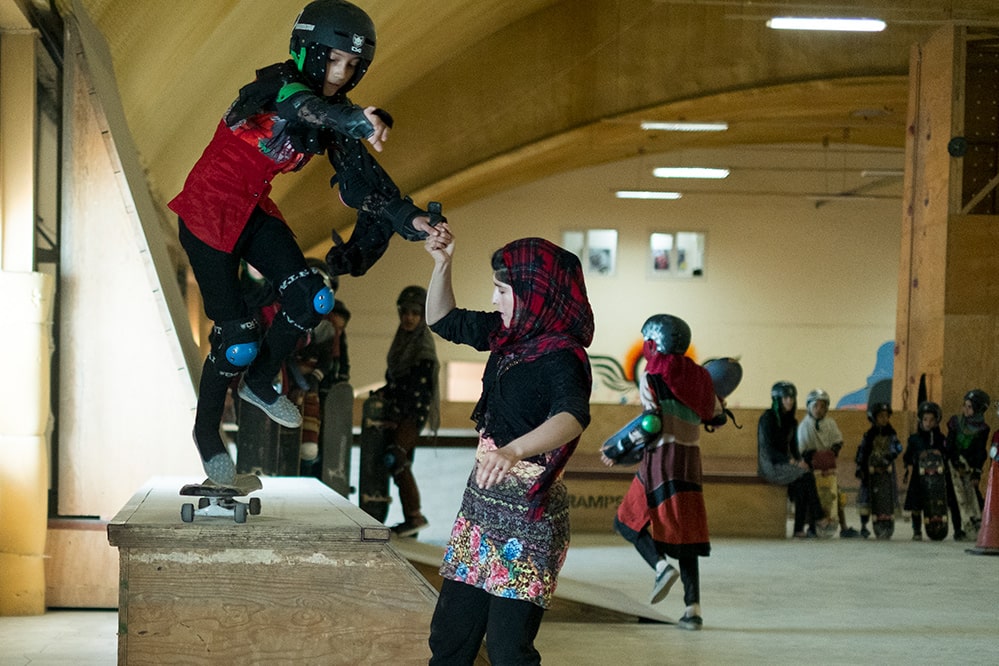
Screen Time is your curated weekly guide to excellent documentaries and nonfiction programs that you can watch at home. The onslaught of images our news cycles throw at us often ends up benumbing us to the most distressful and saddest of our realities. As we watch news from Afghanistan and read of numbers in our papers, it is important to remind us of the humanity of the people who are suffering and who stand to lose every freedom we take for granted. Head over to our call to action to know how you can help. If you’re a member of The D-Word, please login for the latest on how you can assist in
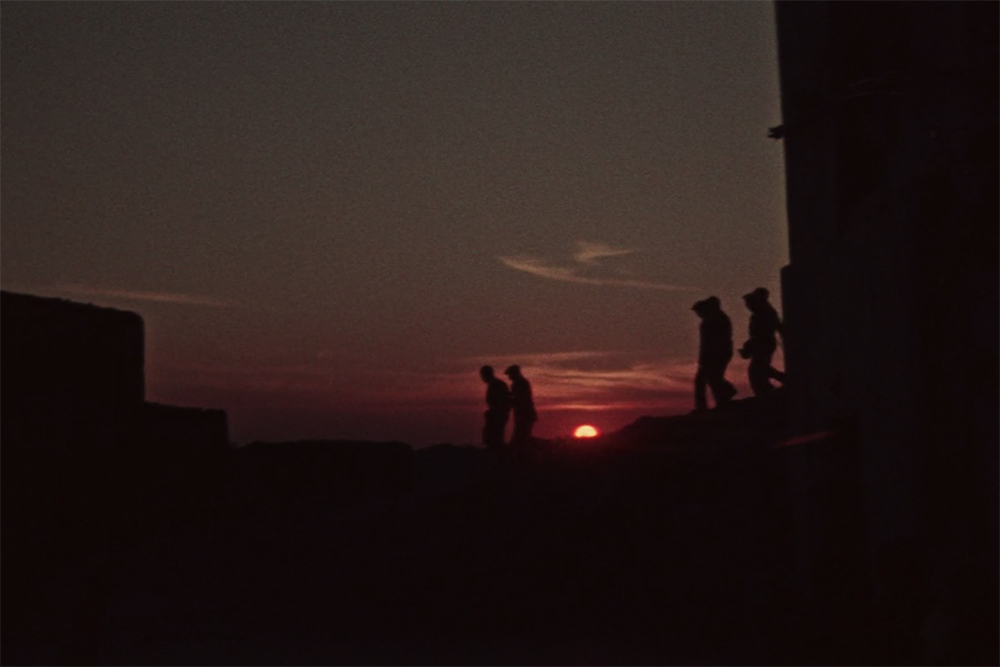
Screen Time is your curated weekly guide to excellent documentaries and nonfiction programs that you can watch at home. When filmmaker Ayo Akingbade finished making Tower XYZ (2016), she wrote a manifesto “for the underdog, the unsung, the pissed off and the tired.” Three of her films―hybrids of documentary, experimental cinema, and personal essay― Claudette’s Star, Fire in My Belly, Dear Babylon are now streaming on MUBI. Also on MUBI, The New York Stories: A Jackie Raynal Double Bill features two of Raynal’s films― New York Story (1981) and Hotel New York (1984). Raynal, who edited Eric
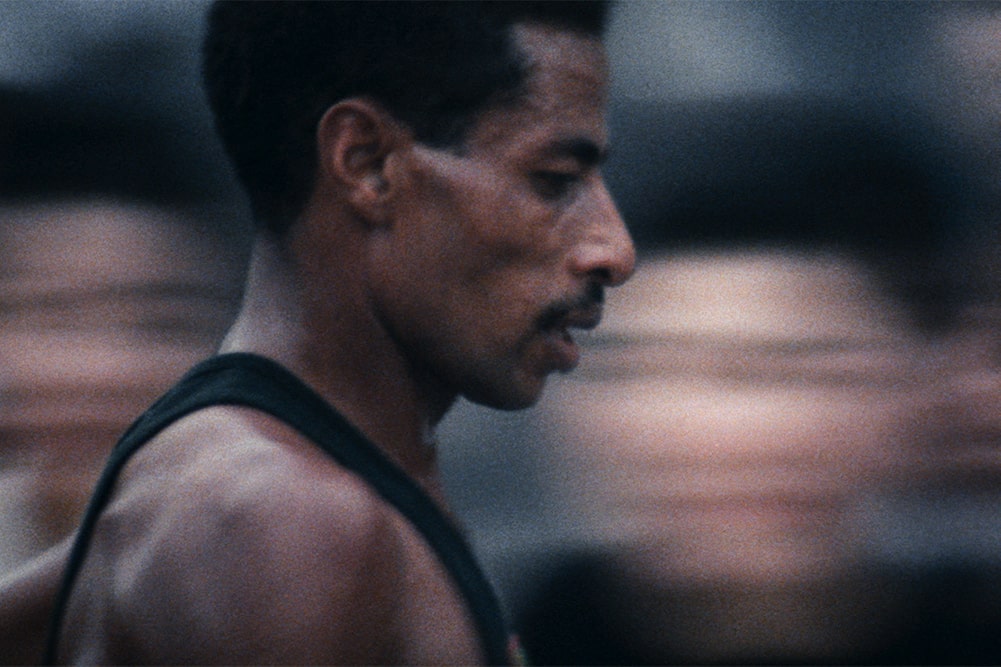
Screen Time is your curated weekly guide to excellent documentaries and nonfiction programs that you can watch at home. Even if you aren’t a sports enthusiast, chances are that you have been reading or hearing things about the Olympics lately. Keeping a tally of scores and medals might not be your thing, but a lesson in the history of the sporting event is always enlightening and enriching. Jean De Rovera’s The Olympic Games in Paris 1924 is playing on the Criterion Channel. It follows American swimmer Johnny Weissmuller and Finnish runner Paavo Nurmi whose performances in Paris in 1924 turned
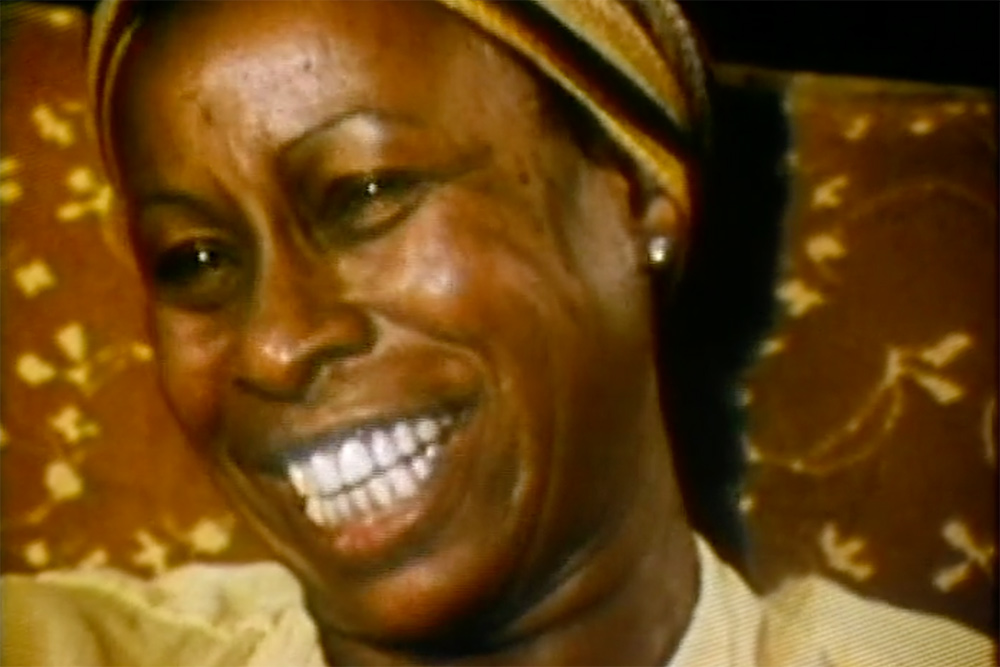
Screen Time is your curated weekly guide to excellent documentaries and nonfiction programs that you can watch at home. We start off with a slightly different entry this week. In the light of the rising anti-Asian assaults, The Action Project has launched a PSA, directed by Freida Lee Mock. Watch it, share it, Be A Good Neighbor #StopAsianAssaults. July 29 is Chris Marker’s 100th birthday! Over at OVID.tv, they are hosting a fantastic retrospective of Marker’s works, including documentaries like Remembrance of Things to Come, Le Joli Mai, and The Case of the Grinning Cat. Episodes of Marker’s
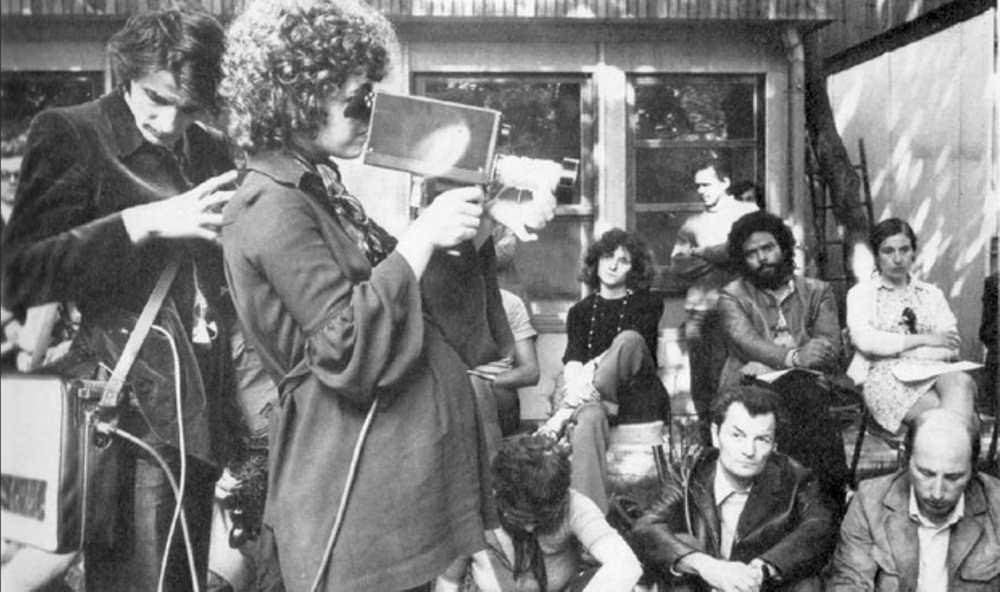
Screen Time is your curated weekly guide to excellent documentaries and nonfiction programs that you can watch at home. Chris Smith’s cult-favorite documentary American Movie is now streaming on the Criterion Channel. Described as "bizarre, comical, and quintessentially American," this film is a tale of "ambition, obsession, excess, and one man’s pursuit of the American dream." James Blagden and Roni Moore’s Midnight in Paris is now available on Youtube after screening at MoMA, Metrograph, True/False and more. The documentary follows a few teenagers in Flint, Michigan, during the lead-up to

Screen Time is your curated weekly guide to excellent documentaries and nonfiction programs that you can watch at home. Carole Roussopoulos was the first woman in France to purchase a lightweight Sony Portapak camera. As a result, she and her feminist comrades were able to film the feminist agitation that took over the country post-May 1968. Along with colleagues like the French actor Delphine Seyrig, Roussopoulos made films that criticized the mainstream and called out the general patriarchal society. Catch a curation of some of these films on MUBI, as a part of their new special program

Screen Time is your curated weekly guide to excellent documentaries and nonfiction programs that you can watch at home. For your perfect post-July 4th screening, join comedian/journalist CJ Hunt as he sets out to document the New Orleans City Council’s vote to remove four Confederate monuments. His new documentary, The Neutral Ground, produced by Darcy McKinnon, took shape after Hunt’s shoot and the Council’s decision were halted by opposition and death threats. The film, playing on PBS’ POV, sets forth a conversation on racism, America and its foundational white supremacy. If you’re feeling

Screen Time is your curated weekly guide to excellent documentaries and nonfiction programs that you can watch at home. If you need to transport yourself to somewhere cooler amidst this hot summer we suggest heading to the theaters (only if you feel safe to do so) and watching Óskar Páll Sveinsson’s Against the Current. Follow the awesome Veiga Grétarsdóttir’s 103-days-long adventure as she becomes the first person in the world to attempt to kayak over 2,000 kilometers around Iceland, counter-clockwise and "against the current." This is a journey that is perhaps a little less difficult than
